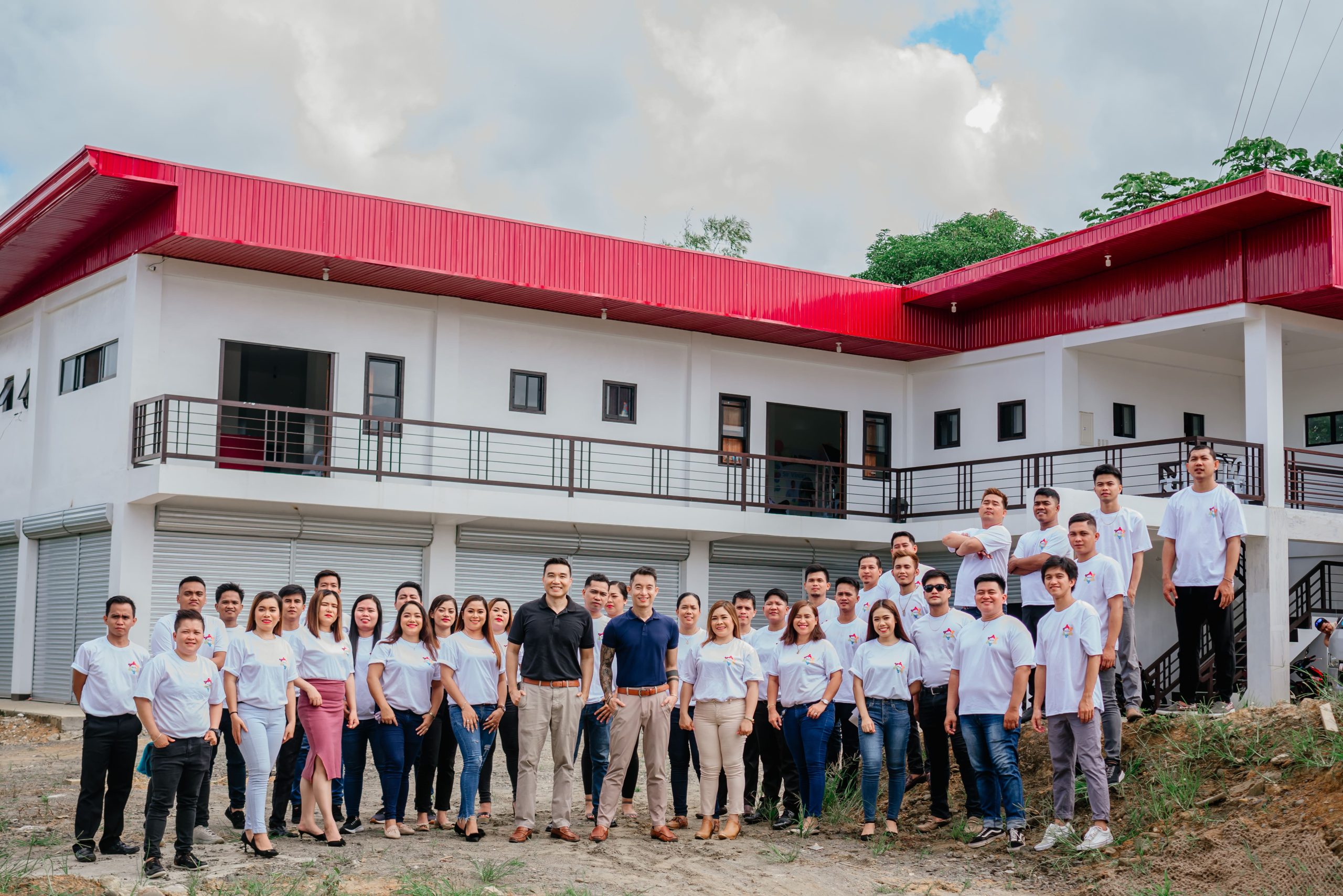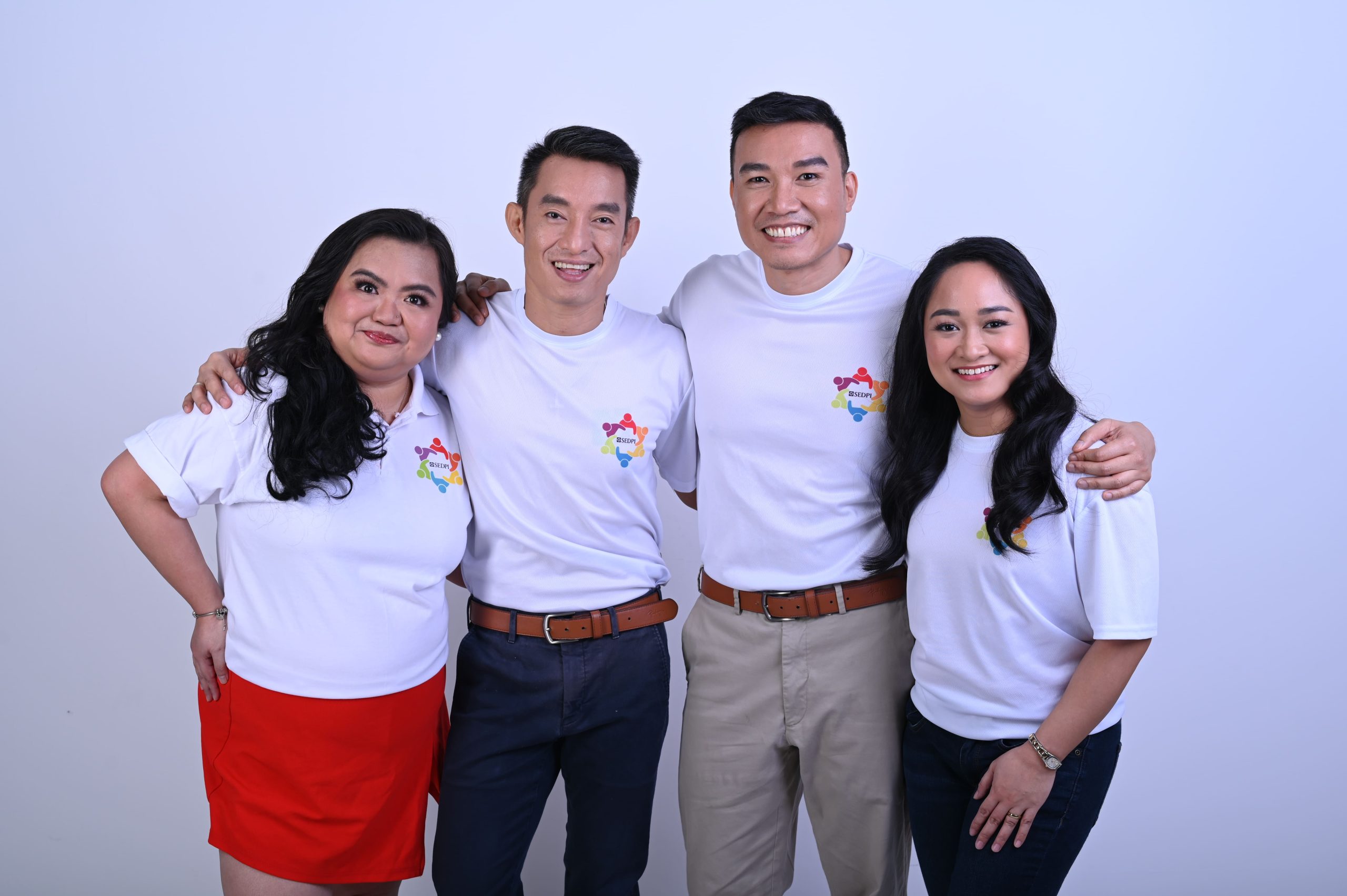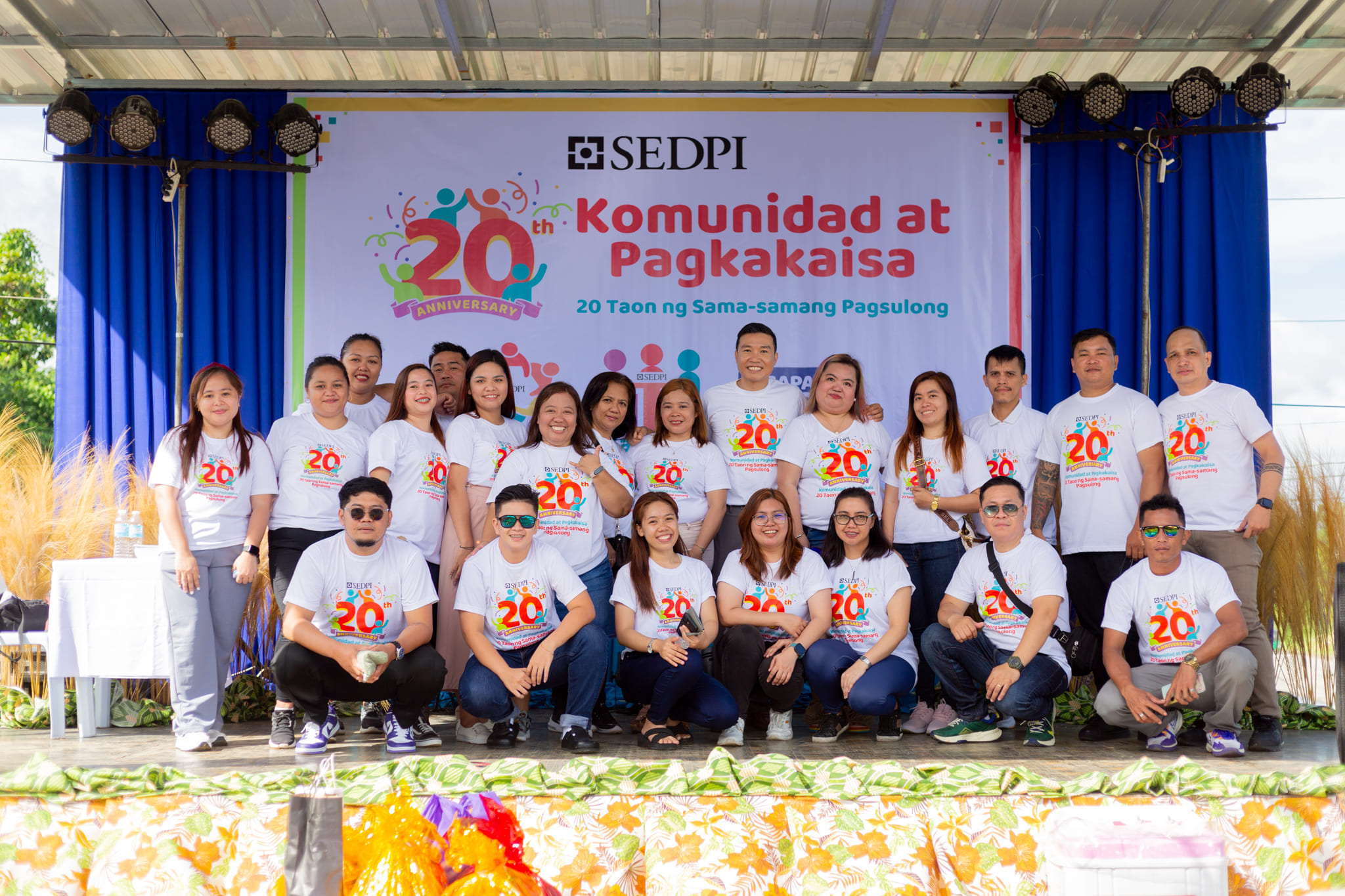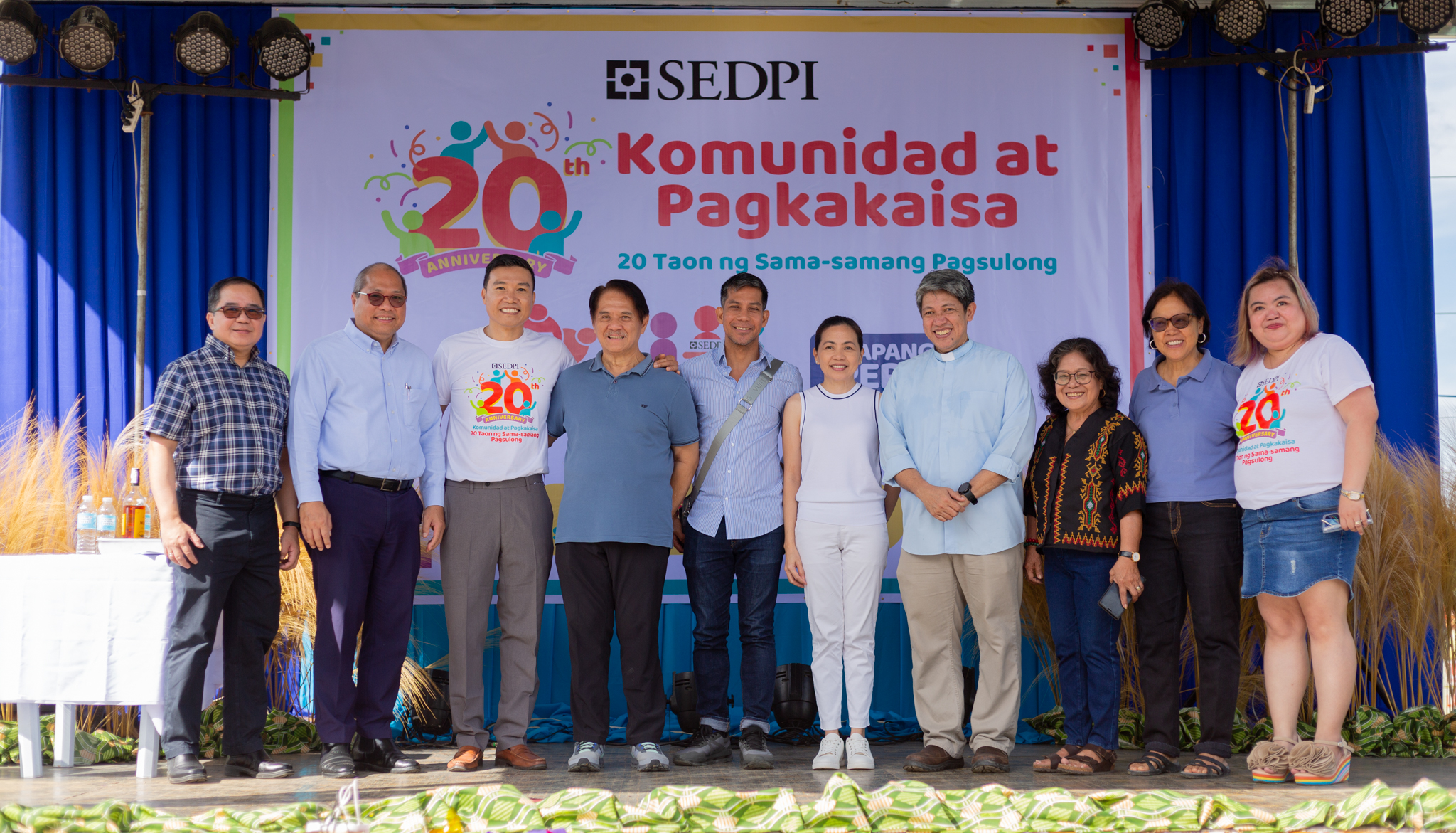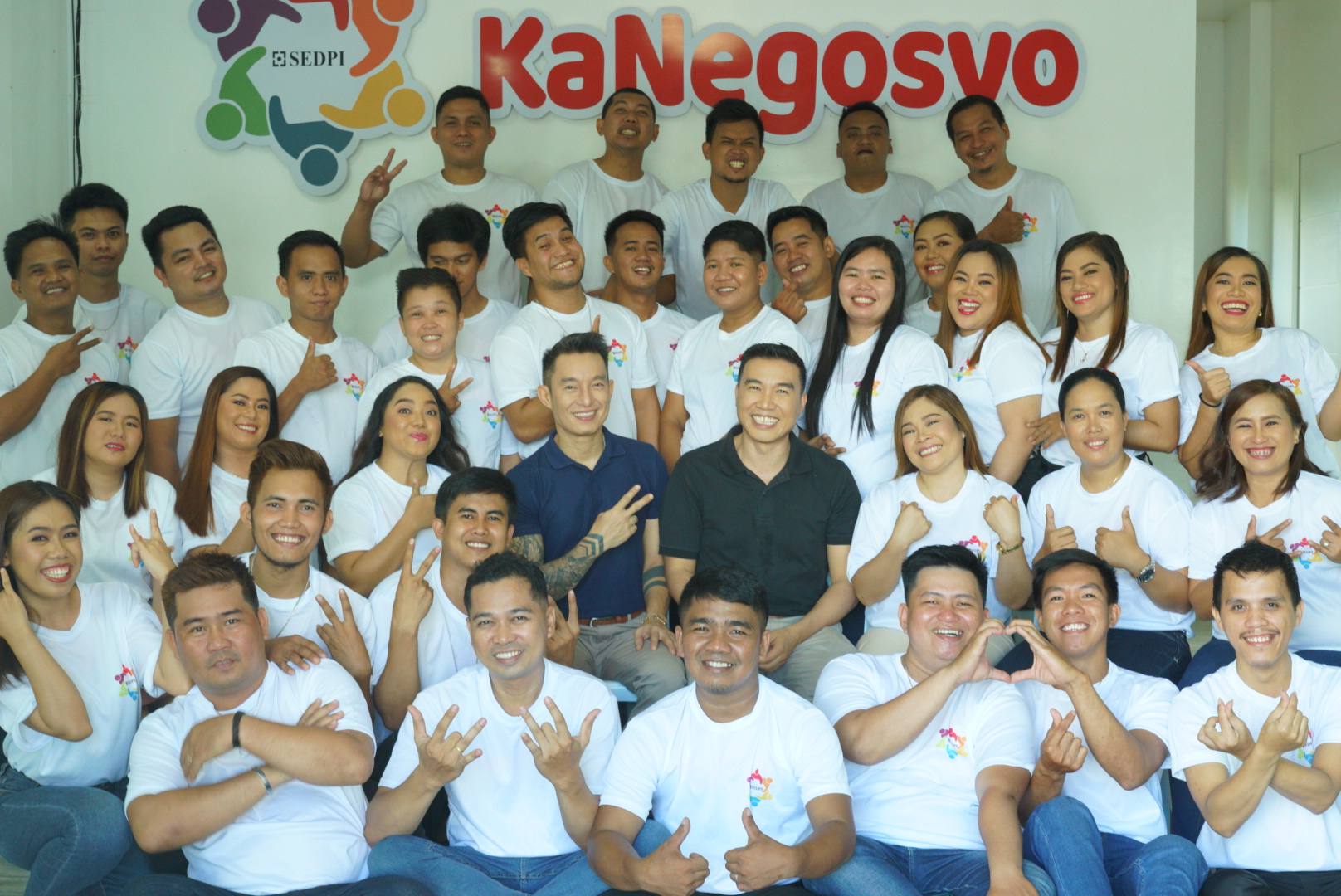Financing for sustainable development
Championing social investments, providing nanofinancing, and delivering financial education
SEDPI GSE Programs
The SEDPI Group of Social Enterprises work together to execute these essential programs.

- Financial literacy livestreams, webinars, and training courses
- Multimedia financial education resources

- Social investments
- Social and financial dividends

- Livelihood support to nanoenterprises
- Social safety nets
- Nanoenterprise growth
Recent Posts
Popular Categories
- Business (20)
- Careers (10)
- Digital Finance (13)
- Financial Inclusion (44)
- Financial Literacy (118)
- Job Opening (10)
- Microenterprise (49)
- Microfinance (162)
- Nanoenterprise (20)
- Social Entrepreneurship (115)
- Uncategorized (107)
Since:
2004
Become a SEDPI Member!
